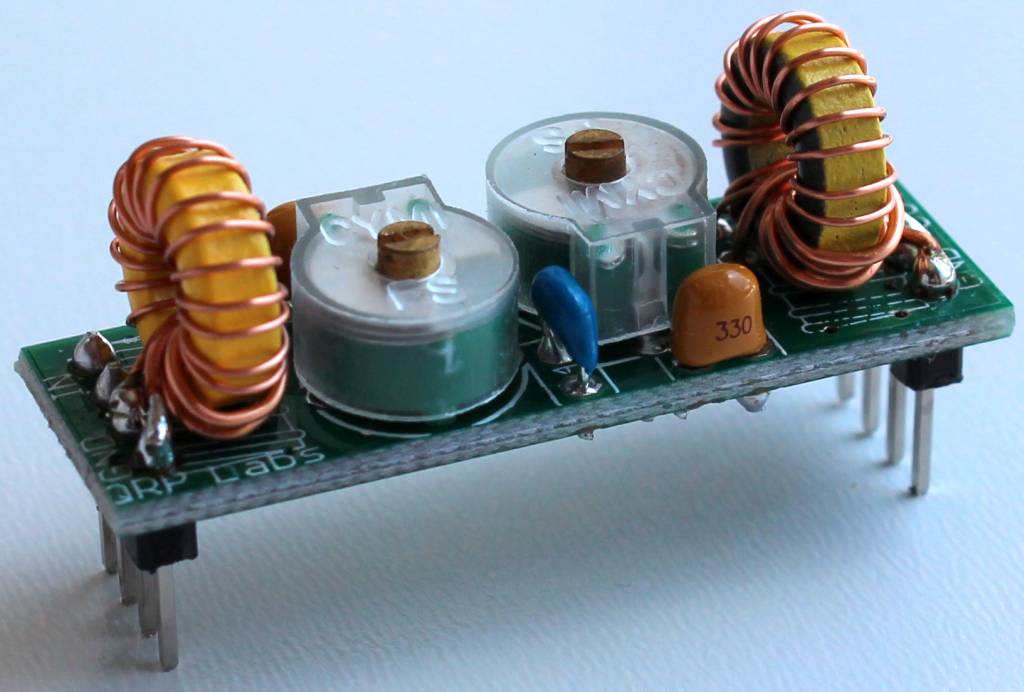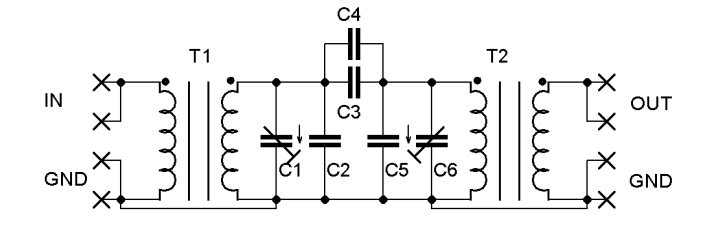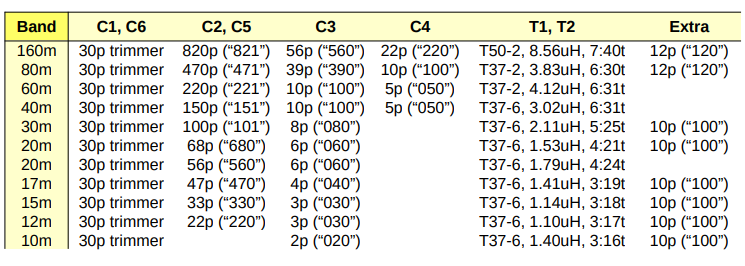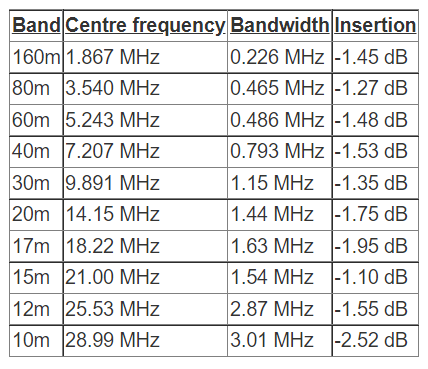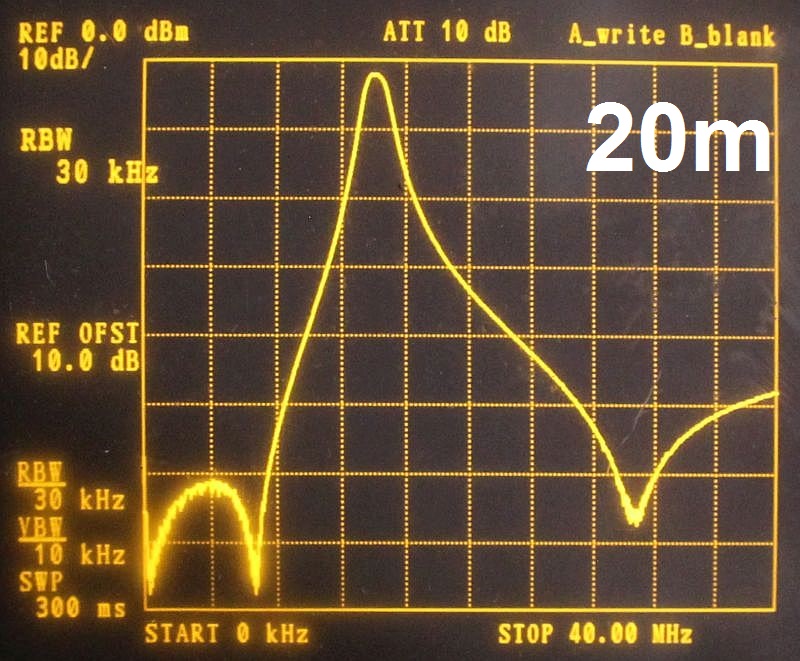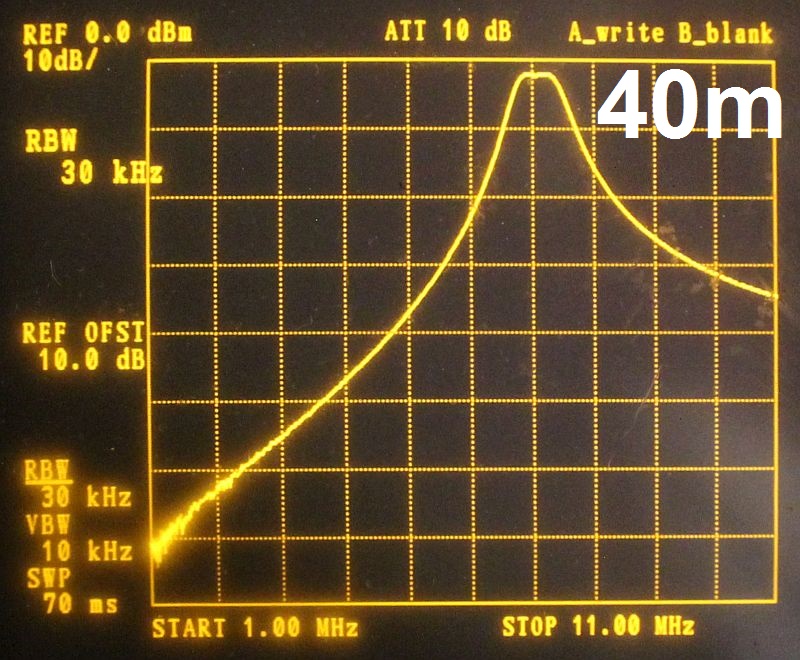Difference between revisions of "RF Band Pass Filters"
Blwikiadmin (talk | contribs) |
Blwikiadmin (talk | contribs) |
||
| Line 11: | Line 11: | ||
* Double-tuned circuit filter | * Double-tuned circuit filter | ||
* Based on [https://www.robkalmeijer.nl/techniek/electronica/radiotechniek/hambladen/qst/1991/12/page29/ The double-tuned Circuit: An experimenter's tutorial] | * Based on [https://www.robkalmeijer.nl/techniek/electronica/radiotechniek/hambladen/qst/1991/12/page29/ The double-tuned Circuit: An experimenter's tutorial] | ||
| − | + | * [https://qrp-labs.com/images/bpfkit/bpf2.pdf QRP Labs design] - Commercially available at reasonable cost | |
[[file:bpf.jpg]] | [[file:bpf.jpg]] | ||
Revision as of 17:05, 30 September 2021
Description
A band pass filter (BPF) is used at the front end of a receiver, to attenuate strong out-of-band signals. Strong signals that reach the receiver’s first mixer and/or RF pre-amplifier cross-modulate and produce unwanted spurious responses at the receiver output.
The double-tuned circuit, among the most common filters found in radio equipment, consists of two tuned circuits, or resonators, that are coupled together, allowing energy in one to be shared with the other. Designing a double-tuned circuit for use at HF and below is not difficult,' yet builders commonly encounter practical difficulties in building and adjusting the double-tuned circuit, especially at VHF and above. The result may be a circuit that does not meet the filtering goal.
Design Details
- Double-tuned circuit filter
- Based on The double-tuned Circuit: An experimenter's tutorial
- QRP Labs design - Commercially available at reasonable cost
Schematic
Parts
Performance (QRP Labs)
- Insertion Loss
- 20 MHz
- 40 MHz
